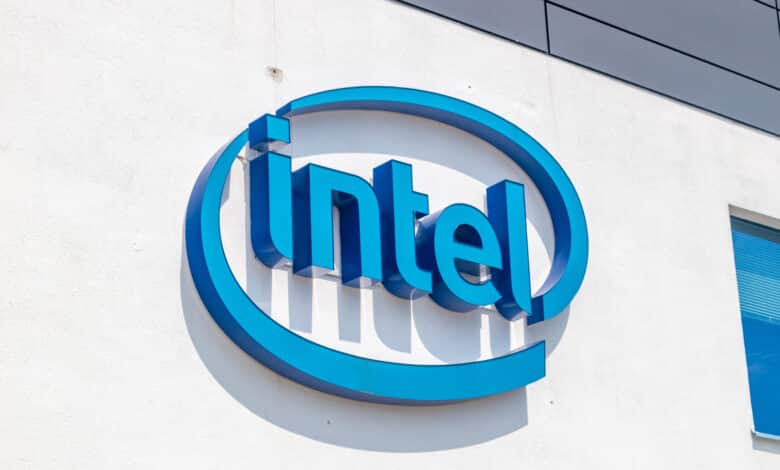
Intel’s planned chip factories in Magdeburg and Wroclaw, which are key components of the company’s European production strategy, are currently facing an unexpected delay. Intel has announced that it is temporarily pausing the construction of these plants. This has far-reaching consequences, not only for the semiconductor industry, but also for the economy of the two cities.
Intel justifies this decision with various economic factors, including uncertainties regarding subsidies and rising energy costs, which could jeopardize the profitability of the plants.
- Delay in the start of construction: The original plan was to start construction in Magdeburg in 2023, with commissioning around 2027.
- Economic uncertainties: Energy costs and subsidy issues in particular are key factors behind the delay.
- Affected locations: In addition to Magdeburg, the plant in Wroclaw in Poland is also affected by the pause.
- Future prospects: It is unclear when construction work will resume.
Background to the delay at Intel
Intel’s decision to postpone the start of construction in Magdeburg and Wroclaw is a setback for the European semiconductor industry. Both factories were intended to help reduce Europe’s dependence on Asian manufacturers and bring the production of semiconductors back to the continent. However, due to rising energy costs and uncertainties regarding state subsidies, this project is now on the brink.
The construction of one of the most modern semiconductor factories in the world, which would play a key role in Intel’s global production strategy, was to begin in Magdeburg. The plants were planned to produce state-of-the-art chips that are needed in numerous industries from the automotive industry to consumer electronics. Wroclaw was to be another important pillar of Intel’s European production plans.
However, a key problem is that the cost of building and operating the factories has risen sharply in recent months. Energy costs in particular have prompted Intel to rethink its plans. In addition, negotiations with governments over subsidies have stalled, further increasing the uncertainty over financing. Intel is apparently calling for greater government support to make the projects economically viable.
Impact on the tech industry
The delay in the construction of the factories could have far-reaching consequences for the European tech industry. The planned plants in Magdeburg and Wroclaw were intended to strengthen important supply chains for the European industry and reduce dependence on Asian and American chip manufacturers.
The automotive industry and consumer electronics manufacturers in particular would be heavily dependent on stable chip production in Europe. Local jobs would also be affected. Thousands of new jobs were to be created in Magdeburg and Wroclaw, but these have now been postponed indefinitely. This is a setback for the regional economy, which was counting on the establishment of such high-tech companies.
Conclusion
The halt to construction of the Intel chip factories in Magdeburg and Wroclaw shows how volatile the global tech industry and its production chains can be. Economic uncertainties and rising energy costs are putting even large projects under pressure. It remains to be seen how the situation will develop and whether the negotiations on subsidies will lead to an early resumption of construction work. The stakes are high for the European semiconductor industry and the regions affected.



